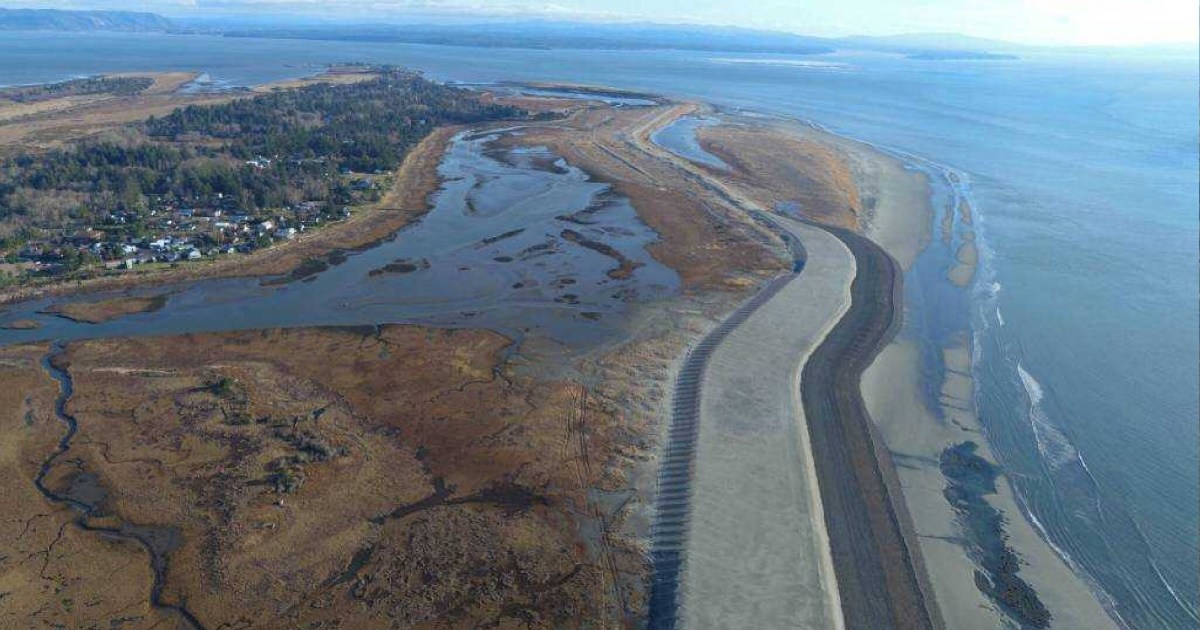The listening sessions resulted in a report called Climate Adaptation Barriers and Needs Experienced by Northwest Coastal Tribes, which was released this month. The report paints a picture of tribal governments that are perfectly capable and entirely ready to do more for climate adaptation—if they weren’t drowning in all the grant paperwork necessary to make it happen. And funding doesn’t always match tribal needs. “There’s a lot of funding for plans, not a lot of funding for infrastructure, ever,” reads a quote from one participant.
A large part of the barriers are that tribal lands are federally managed. State agencies that directly involve with the issues of climate change are out of their jurisdiction on tribal lands.
Even state agencies that directly manage and implement things like water quality, water rights, and especially fishing rights and the salmon runs have to work with tribes through the federal government.
And unfortunately with the tribes being sovereign there’s a chronic authority complex between local governments that handle and implement virtually every state program.
Simultaneously having to manage four distinct levels of government is a bureaucratic hellscape.
Source: works and has worked in government in these issues, with these specific tribes, at various and different levels and agencies for almost a decade.
Thanks for explaining all that, it sounds like bureaucracy at it’s worst.
It can get very litigious.
Everything is lawyered to the point the administrative bureaucracy is refreshingly straightforward.



